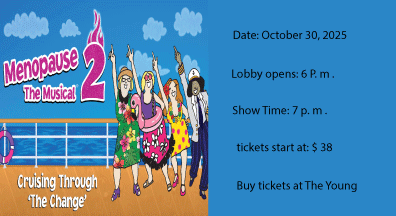Lt. Governor Kleefisch vets COBE business projects
October 7, 2016
“This is a gorgeous building,” Wisconsin’s Lt. Governor Rebecca Kleefisch said of Hyland Hall as she began her campus tour on Sept. 8 to learn about UW-Whitewater’s business programs and achievements, as well as statistics on job placement rates.
John Chenoweth, Dean of the College of Business and Economics, (COBE), informed the Lt. Governor that the lowest job placement rates within COBE departments currently rests at 90 percent.
Kleefisch praised the placement rates as “fantastic” and said, “That’s exactly what we love to hear.”
The Lt. Governor conferenced with faculty and students involved in their own business projects and representatives from many UW-Whitewater business programs in order to learn more about what UW-W offers students and how students are utilizing on-campus resources to pursue their own business ventures.
“Most of our students are getting experience before graduation,” Chenoweth said. “They have really good business ideas that they intend to launch those after they leave or while they’re here. Some find success right away, and others learn from those experiences, and then they’ll move on to something else or use their entrepreneurial skills and go work in the Innovation Center.”
Marion Titze, a senior physics major who works at the Innovation Center, was present at the conference during Kleefisch’s tour.
Titze said she represented the science community at the Innovation Center. Titze said there are resources available to students to apply classroom learning to real-world projects and to help students learn how to Patent a project and receive government funding.
“If you have resources, you can have a better chance of being hired,” Titze said. “There are opportunities at UW-Whitewater not seen anywhere else.”
There are 19 client companies hosted at the Innovation Center.
“We really want to retain our talent,” Kleefisch said. “It behooves us as a state to build university and business relationships to get young people into real job experiences.”
Chancellor Beverly Kopper, present during the tour, added that UW-W is focused on providing students with hands-on learning experiences and building relationships with companies.
“All of our colleges have really listened to alums, advisory board members and others on how to help build these business relationships to benefit our students, and we take that feedback very seriously,” Kopper said.
Doctorate of Business Administration (DBA) participant and lecturer Michael Chitavi is involved in an agricultural project, within the Cohort Study program, that focuses on using soy bean production to foster crop trade with China, studies how the crop trade market is essential to modern business due to increasing food consumption.
Chitavi said SIM card purchases through cellular phones is an important way to manage spending and improves accountability for individuals’ purchases, not only in agriculture, but in all aspects of modern society and life.
“It’s become very trendy,” Chitavi said. “It’s being done across the world, right off your phone. It’s done purely over SIM cards, as a pay-as-you-go method. And that’s the way we want to go.”
Junior Taylor Griffith, president of UW-W Economics Society, presented her completed 2015 project that focused on working with businesses, the City of Whitewater and UW-W to complete economic income research to determine the impact that UW-W has on the community.
“I think a lot of businesses that aren’t started by Whitewater graduates come to us first because they’re not only helping themselves, but they’re helping students as well,” Griffith said.
The UW-W Economics Society has 80 student employees of a multitude of majors, including mathematics, economics, business, marketing and english, according to Griffith.
“Our country needs talented young minds who want to pursue economics,” Kleefisch said.












